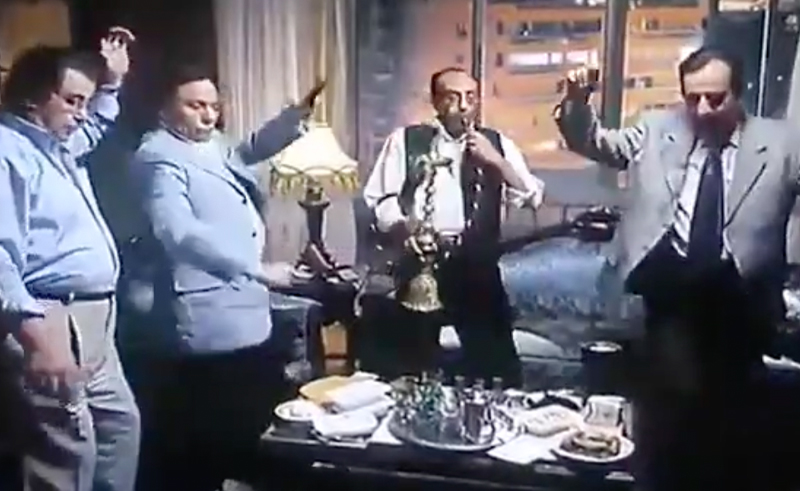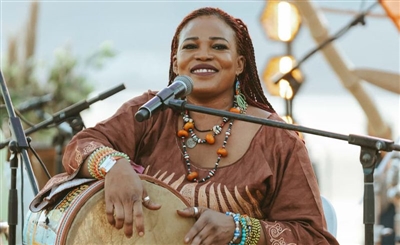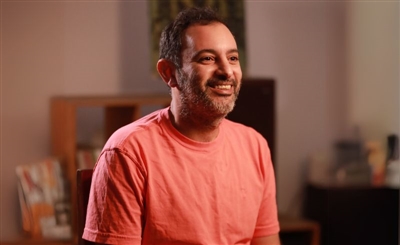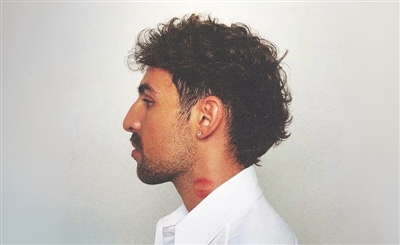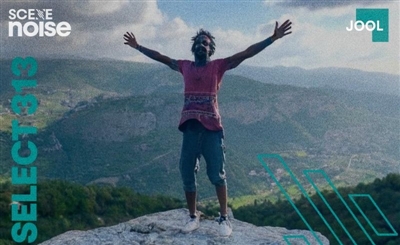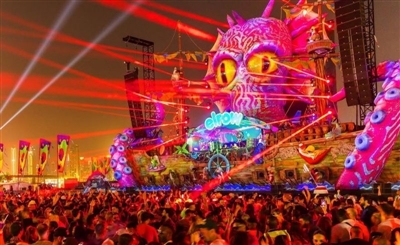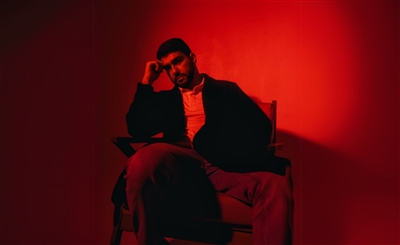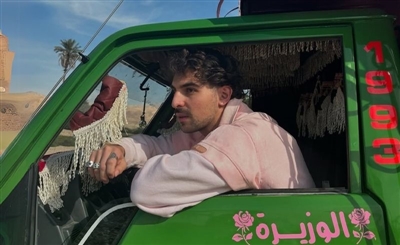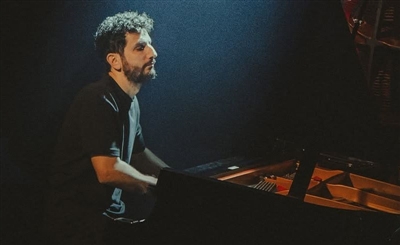You might wonder what’s the most unique about Egypt’s culture. Some say it’s the history, some say it’s the cuisine and some perhaps think it’s Mo Salah, but the one thing that stands out when it comes to music is Shaabi - a type of music that has become ingrained in the Egyptian collective consciousness. From the unmistakable anthems like ‘Ana Mesh 3arefny’ and ‘Ana Bakrah Israel’ (‘I Hate Israel’), shaabi's tunes have resonated across generations.
The term 'shaabi' itself is derived from the Arabic word ‘الشعب’, meaning ‘the people’ or ‘folk’. It's no wonder that shaabi resonates deeply with most Egyptians. Yet, shaabi's journey was fraught with challenges. It had to battle for recognition and respect as an art form, facing relentless criticism from both public opinion and intellectuals. Even today, shaabi often encounters disdain, dismissed by some as a crude form of expression. Rooted in the lower class, shaabi authentically reflected its environment, unfiltered and raw, eventually transcending social barriers to become the quintessential Egyptian music genre.
A poignant example of its cultural significance amidst public criticism is the late legendary novelist Naguib Mahfouz, who, in an interview with Mofeed Fawzy, lauded Ahmad Adaweya. Mahfouz, with characteristic wisdom, highlighted the authenticity of shaabi, educating his interviewer on the value of folkloric art.
In the second volume of our starter pack editions we tackle the originals, the ultimate shaabi anthems, and please, excuse us for not starting this series in chronological order, but we couldn’t have gone further without addressing the OGs that influenced and established the genre that we proudly claim as ours. Here we shed light on the pioneers who laid the blueprint for this genre. Legends like Adaweya, Sha’aban Abd El Rehim and Shafeeqa introduced their revolutionary music with unapologetic confidence, starting at local weddings and festivals, cementing shaabi’s place in modern Egyptian culture and molding it to how we know it now, from the loudly political to the personal and melancholic.
Bent El Sultan - Ahmed Adaweyah Shafi2a - Rage3 Tany Abd El Basset Hamouda - El Gaw Hady Badreya El Sayed - Mawal Tele3t Foq El Soto7 Hassan El Asmar - Motshakerin Shaban Abd El Rehim - Bakrah Israel Hakim - El Wad Dah Helw


